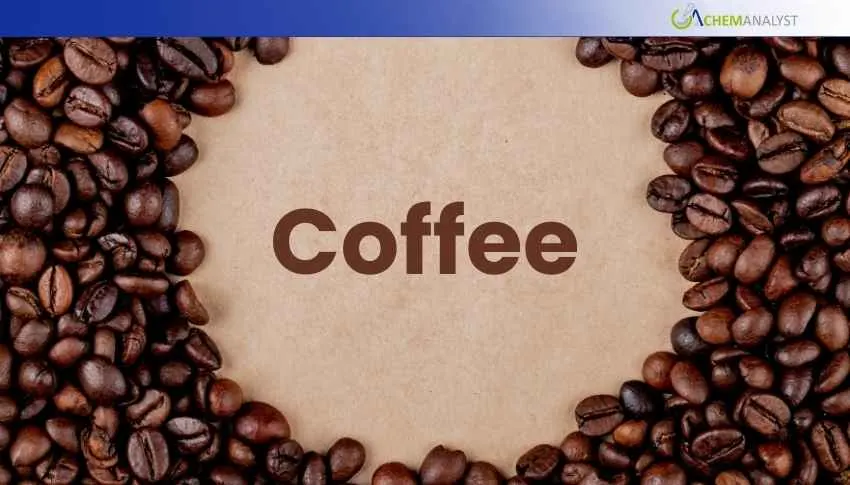Welcome To ChemAnalyst

Global coffee prices have been impacted by a range of factors during August 2025, such as the U.S. tariffs and higher demand for premium types of coffee. These factors have favored large coffee-exporting nations such as Vietnam and Brazil, where farmers are taking advantage of improved market conditions. Vietnam, especially, is taking advantage of its specialist coffee reputation and stepping up its production capacity to satisfy improved local and international demand.
Vietnam's coffee industry saw significant price hikes in August 2025 with the imposition of a new 5% Value Added Tax (VAT) on coffee beans, effective July 1. The levy, which is intended to increase government revenue, has translated into increased domestic prices, provoking controversy in the industry. Exporters have been loud in demanding exemption from the VAT, arguing that the extra expense would hurt Vietnam's competitiveness in the international coffee market.
In spite of domestic pressures on prices from the VAT, Vietnam's coffee export industry fared well in the first half of 2025. Export value came out higher than government projections at a staggering $5.4 billion. This increase came mainly from record-breaking prices globally, alongside growing demand in developing markets like Spain and Algeria, which have grown more favorably disposed towards Vietnamese FMCG products.
In addition, Brazil, the globe's top producer of coffee, posted record export revenues during the 2024/25 season. This was done even as its export volumes decreased by 2%. Revenues grew by a 50 % rise from the previous season. The growth was caused by an increase in the average price per bag. The price rise was driven by unfavorable weather conditions, such as droughts in Minas Gerais, Brazil's major coffee-producing state, and frost occurrences that had an impact on production. The imposition of a 50% tariff by the U.S. on Brazilian coffee imports in August 2025 also shook global markets, causing arabica futures prices to rise by 30%. This tariff made U.S. exports noncompetitive and redirected demand towards other sources such as Central America and Colombia, though at premiums.
Moving forward, according to ChemAnalyst the Vietnamese coffee sector has to balance the effects of the VAT with ongoing reliance on robust export performance and growth in market. The industry and the government will need to collaborate closely to develop solutions that enable sustainable growth, including possible VAT relief for exporters and additional investment in specialty coffee processing. In addition, the upcoming festive season is also likely to witness a boom in the dominant end-user food and beverage industry resulting in a possible change in the global prices of coffee.
We use cookies to deliver the best possible experience on our website. To learn more, visit our Privacy Policy. By continuing to use this site or by closing this box, you consent to our use of cookies. More info.
